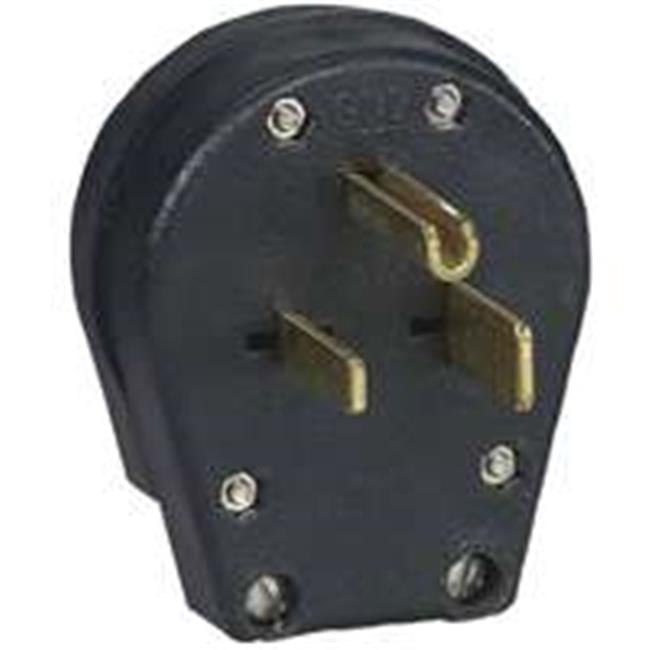Cooper Wiring Devices are essential components in any electrical system, providing the necessary connections for power distribution and control. These devices are designed to safely and efficiently transfer electrical energy from one point to another, ensuring that appliances, lights, and other electrical devices can function properly.
Why Cooper Wiring Devices are Essential
Cooper Wiring Devices play a crucial role in the overall functionality of electrical systems. Here are a few reasons why they are essential:
- Provide secure and reliable electrical connections
- Help prevent electrical hazards such as short circuits and overloads
- Allow for easy installation and maintenance of electrical components
- Come in a variety of styles and configurations to suit different applications
How to Read and Interpret Cooper Wiring Devices
Reading and interpreting Cooper Wiring Devices is essential for proper installation and troubleshooting. Here are some tips to help you understand these devices:
- Refer to the manufacturer’s instructions for guidance on installation and use
- Identify the different components of the device, such as terminals, screws, and indicator lights
- Use a multimeter to test for continuity and proper functioning of the device
- Consult wiring diagrams and schematics to ensure correct wiring connections
Using Cooper Wiring Devices for Troubleshooting Electrical Problems
Cooper Wiring Devices can be valuable tools for troubleshooting electrical problems. Here’s how you can use them effectively:
- Check for loose connections or damaged wires using a voltmeter or continuity tester
- Inspect the wiring devices for signs of wear or overheating, which may indicate a faulty connection
- Replace any damaged or malfunctioning wiring devices to restore proper electrical function
- Consult wiring diagrams and schematics to identify potential issues and solutions
Importance of Safety and Best Practices
When working with electrical systems and using wiring devices, safety should always be a top priority. Here are some safety tips and best practices to keep in mind:
- Always turn off the power supply before working on electrical components
- Use proper insulation and protective gear to prevent electrical shocks and burns
- Follow manufacturer’s instructions and guidelines for installation and use of wiring devices
- Regularly inspect and maintain wiring devices to ensure proper functioning and safety
Cooper Wiring Devices
Cooper Wiring Devices | Walmart Canada

Cooper Wiring Devices TR270W | Rcpt Tr Dplx 15A 125V White-7

Cooper Wiring Devices 826W-BOX Straight Blade – BA Supply Company

Cooper Wiring Devices TRSGF15W GFCI – BA Supply Company

Cooper Wiring Devices TRSGF15GY GFCI – BA Supply Company

Cooper Wiring Devices 275V-BOX 15-Amp 120/277-volt Commercial Grade
